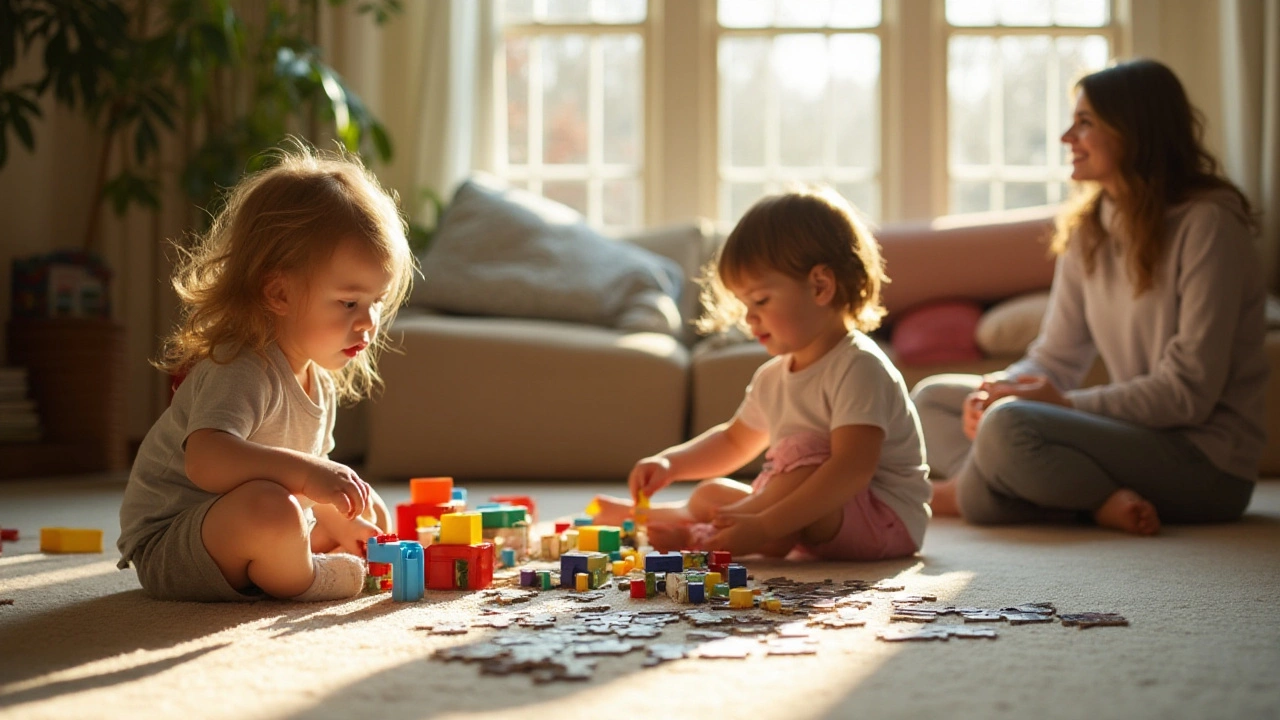Brain Development: Simple Tips for Growing Minds
When it comes to kids, parents want the best start possible. One of the biggest pieces of that puzzle is brain development. It isn’t just a science term – it’s the reason your child can learn, solve problems, and enjoy play. Below are clear, doable ideas that fit into a regular day.
Why Brain Development Matters
The brain grows fastest in the first few years, but it keeps changing well into the teen years. Every new experience – a song, a game, a conversation – builds connections. Those connections shape how a child thinks, remembers, and handles feelings. Supporting that growth early can mean better school performance, stronger social skills, and a healthier mindset later on.
Everyday Activities That Support Brain Growth
Talk, talk, talk. Simple chats while you’re cooking, dressing, or driving are gold. Name objects, ask open‑ended questions, and listen to your child’s answers. This back‑and‑forth builds language skills and memory.
Read together daily. Picture books are not just for bedtime. Point to pictures, predict what happens next, and let your child turn the pages. Repetition and visual cues boost vocabulary and imagination.
Play with your hands. Activities like drawing, building blocks, or simple kitchen chores let kids use fine motor skills. Those movements send signals that strengthen the part of the brain that controls coordination and problem solving.
Get moving. Outdoor play, dancing, or a quick game of tag gets blood flowing to the brain. Physical activity releases chemicals that help cells grow and connect.
Introduce new sounds. Music, nature noises, or even different languages stimulate auditory pathways. Sing a song while you clean, or play a short instrumental track during playtime.
Limit screen time. Too much TV or tablets can crowd out interactive learning. If screens are used, pick high‑quality, short‑duration programs and watch together to add discussion.
Offer choices. Letting a child pick between two snack options or which shirt to wear encourages decision‑making. Even tiny choices train the part of the brain responsible for planning.
Create a predictable routine. Knowing what comes next reduces stress, which frees up brain energy for learning. A simple schedule—wake up, eat, play, read—helps children feel secure.
All of these ideas can fit into a regular day without extra cost. The key is consistency: a little bit each day adds up. Pick two or three activities that feel natural for your family and stick with them.
Remember, every child develops at their own pace. If you notice a lag in speech, motor skills, or social interaction, a quick chat with a pediatrician can give peace of mind. Early support makes a big difference.
Boosting brain development isn’t a massive project. It’s just everyday moments turned into learning chances. Talk, read, play, move, and watch your child’s mind flourish.
Best Brain-Building Toys for Early Learning
Educational toys play an essential role in children's brain development by stimulating curiosity, enhancing cognitive skills, and promoting problem-solving abilities. This article explores various toys that successfully combine fun and learning, offering practical tips to parents on selecting the right toys for their children's developmental needs. From building blocks to puzzles and interactive games, the article delves into the characteristics that make these toys effective educational tools. Whether it's enhancing memory or developing spatial awareness, the right toys can make learning an enjoyable experience.
Read more